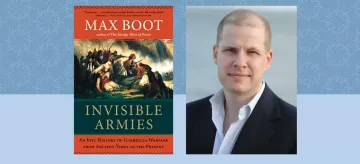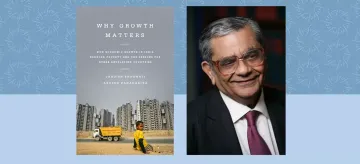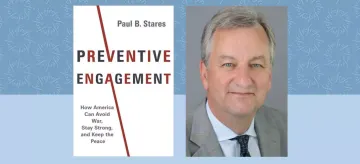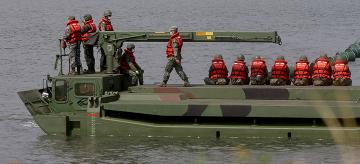Search 150 results
- Remove filter: Conflict & Warfare
- Remove filter: Economics
Filter by
Events
Series

In this book, CFR Senior Fellow Benn Steil challenges the notion that Bretton Woods was the product of an amiable Anglo-American collaboration, and explains that it was in reality part of a much more ambitious geopolitical agenda aimed at eliminating Great Britain as an economic and political rival. Teaching notes by the author.

In this book, CFR Senior Fellow Max Boot offers a comprehensive history of guerrilla warfare and terrorism, and relates lessons of the past to current national security policy considerations. Teaching notes by the author.

In this book, CFR Senior Fellow Jagdish N. Bhagwati and coauthor Arvind Panagriya argue that despite myriad development strategies, only one can succeed in alleviating poverty in India: the overall growth of the country’s economy. Teaching notes by Professor Bhagwati.

As the principal guarantor of international peace and security in an increasingly turbulent world, the United States is at risk of being drawn into potentially costly conflicts that, over time, diminish its power. In Preventive Engagement, Paul Stares offers a new comprehensive strategy for lowering this risk by reducing the demand for U.S. power overseas in the long, medium, and short term.
Students will consider major historical and modern day examples of conflict and identify patterns and underlying themes.
- Students will discuss the role that NATO plays in a post-Cold War world.
- Students will consider how the United States should respond to recent Russian aggressions in Ukraine.
Help students understand cyberspace and cybersecurity through these essay and discussion questions.

Look back at the origins of the Israeli-Palestinian conflict and then take part in the current debate on how to bring an end to the violence.

Take a trip down the Silk Road and across centuries of global trade to learn how current practices still face the same historical challenges.

Explore Taiwan’s relationships with the United States and China. Then take part in a national security simulation to help avoid future conflict.